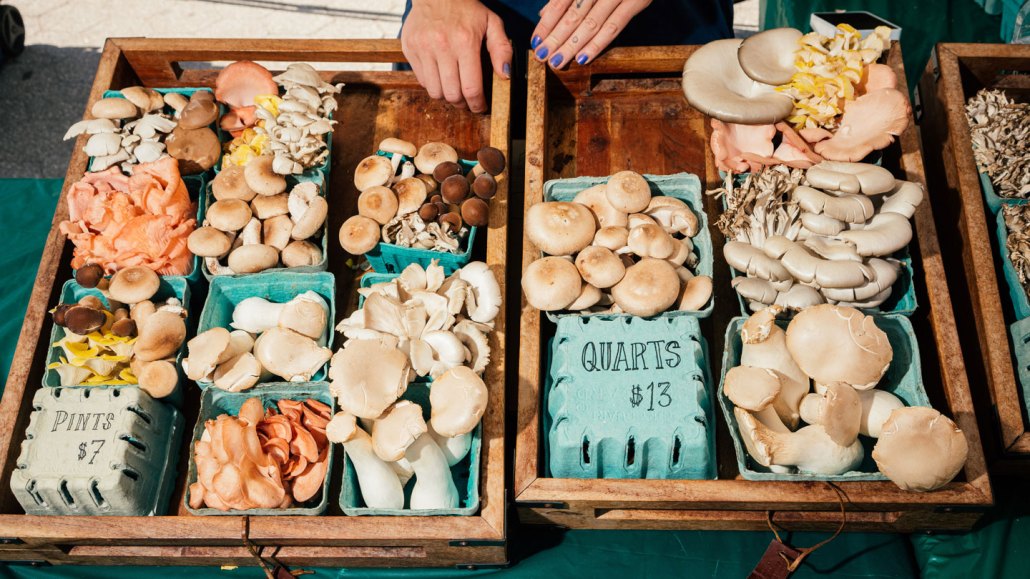antibiotic: A germ-killing substance, usually prescribed as a medicine (or sometimes as a feed additive to promote the growth of livestock). It does not work against viruses.
cell: (in biology) The smallest structural and functional unit of an organism. Typically too small to see with the unaided eye, it consists of a watery fluid surrounded by a membrane or wall. Depending on their size, animals are made of anywhere from thousands to trillions of cells. Most organisms, such as yeasts, molds, bacteria and some algae, are composed of only one cell.
chemical: A substance formed from two or more atoms that unite (bond) in a fixed proportion and structure. For example, water is a chemical made when two hydrogen atoms bond to one oxygen atom. Its chemical formula is H2O. Chemical also can be an adjective to describe properties of materials that are the result of various reactions between different compounds.
decomposition The process by which compounds in once-living things are broken down and returned to the environment; the process by which something decays or rots. Organisms that break down once-living things in this way are called decomposers.
DNA: (short for deoxyribonucleic acid) A long, double-stranded and spiral-shaped molecule inside most living cells that carries genetic instructions. It is built on a backbone of phosphorus, oxygen, and carbon atoms. In all living things, from plants and animals to microbes, these instructions tell cells which molecules to make.
ecosystem: A group of interacting living organisms — including microorganisms, plants and animals — and their physical environment within a particular climate. Examples include tropical reefs, rainforests, alpine meadows and polar tundra. The term can also be applied to elements that make up some an artificial environment, such as a company, classroom or the internet.
enzymes: Molecules made by living things to speed up chemical reactions.
eukaryote: Any organism whose cells have a nucleus. Eukaryotes include all multicellular creatures (such as plants, animals and fungi) as well as certain types of single-celled microorganisms.
fungi: (sing: fungus) Organisms with one or more cells that reproduce via spores and feed on living or decaying organic matter. Examples include mold, yeasts and mushrooms.
gut: An informal term for the gastrointestinal tract, especially the intestines.
infection: A disease that can spread from one organism to another. It’s usually caused by some type of microbe.
matter: Something that occupies space and has mass. Anything on Earth with matter will have a property described as "weight."
molecule: An electrically neutral group of atoms that represents the smallest possible amount of a chemical compound. Molecules can be made of single types of atoms or of different types. For example, the oxygen in the air is made of two oxygen atoms (O2), but water is made of two hydrogen atoms and one oxygen atom (H2O).
nucleus: Plural is nuclei. (in biology) A dense structure present in many cells. Typically a single rounded structure encased within a membrane, the nucleus contains the genetic information.
nutrient: A vitamin, mineral, fat, carbohydrate or protein that a plant, animal or other organism requires as part of its food in order to survive.
organic: (in chemistry) An adjective that indicates something is carbon-containing; also a term that relates to the basic chemicals that make up living organisms. (in agriculture) Farm products grown without the use of non-natural and potentially toxic chemicals, such as pesticides.
organism: Any living thing, from elephants and plants to bacteria and other types of single-celled life.
parasite: An organism that gets benefits from another species, called a host, but doesn’t provide that host any benefits. Classic examples of parasites include ticks, fleas and tapeworms.
penicillin: The first antibiotic (although not the first one used on people), it’s a natural product that comes from a mold. In 1928, Alexander Fleming, a British scientist, discovered that it could kill certain bacteria. He would later share the 1945 Nobel Prize in Medicine for it.
species: A group of similar organisms capable of producing offspring that can survive and reproduce.
yeast: One-celled fungi that can ferment carbohydrates (like sugars), producing carbon dioxide and alcohol. They also play a pivotal role in making many baked products rise.







